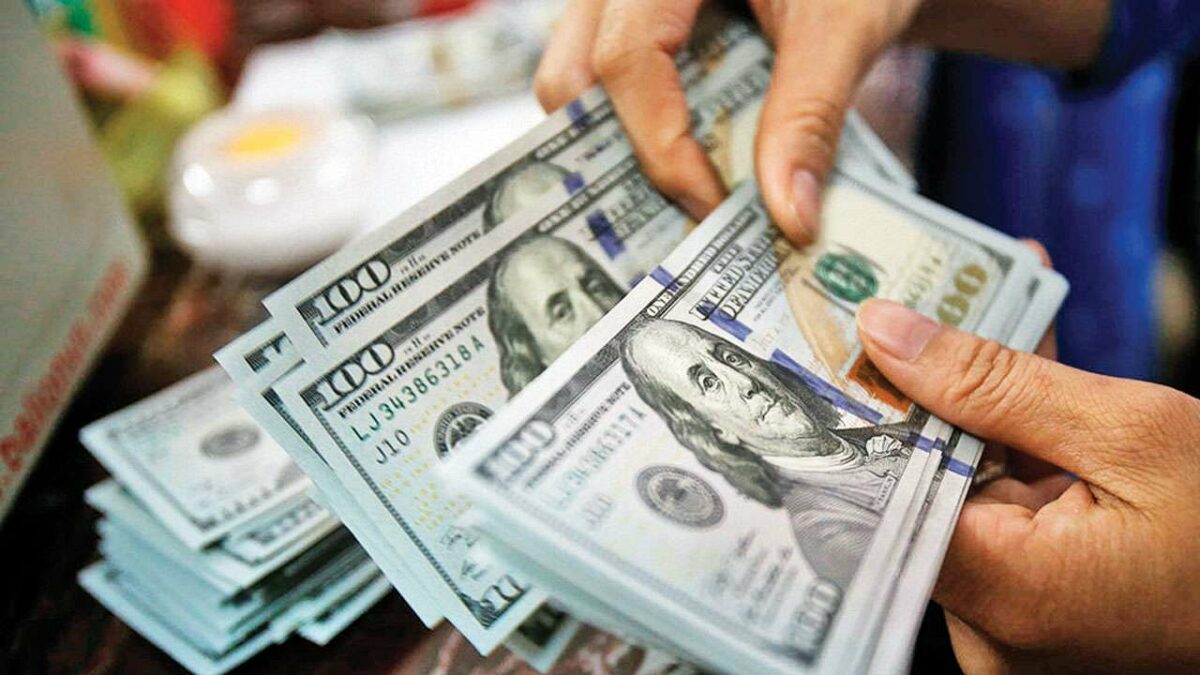The Central Bank of Nigeria, CBN, recently announced immediate discontinuation of sale of Foreign Exchange (forex) to Bureau de Change (BDC) operators in the country.
Mr Godwin Emefiele, the CBN Governor, announced on Tuesday, July 27, while presenting a communique from the Monetary Policy Committee (MPC) meeting. He cited unwholesome business practices of the BDCs which run contrary to the rules of engagement thus putting much strain on the naira.
- PODCAST; Why Breastfeeding Is A Social Responsibility
- Powerful people mounting pressure for release of kidnappers’ collecting ransom through banks
While discontinuing sale of forex to BDCs, CBN will henceforth sell to Nigerians through commercial banks. Emefiele mentioned a tragically disturbing aspect in the illicit operations of BDCs, to wit: they have become cheap fiscal conduits for terrorists by fuelling the fatal questing of terror merchants.
The BDCs were established as intermediaries between the apex bank and the public in matters of buying and selling forex. They have been of old, particularly in the days of the military when they played major role in the huge disparity between official exchange and the parallel market rates.
Whereas BDCs were created to cater for low forex hunters not exceeding $5000 per day, most BDCs have constantly violated this agreement and have reportedly sold forex in ten and hundreds of thousands per day far above the official threshold. It has become the fastest way to making easy money. Now you know why there has been a boom in the birthing and licensing of BDCs. In 2000, there were only 74 BDCs. It shot up to 2,000 in 2010 and today, we are counting 5,000 BDCs and more.
At a time in 1989 under the military, the naira traded like a yoyo in the forex market. A swirl of round-tripping defined the forex market. Privileged officials of government would get dollar allocation from CBN at N22 to one dollar only to sell such allocation that same day at the rate of N88 to a dollar. This created a clique of super-rich who became nothing but economic parasites. Nigeria must never go back to that era.
And whereas the rule says no BDC should sell above a maximum of 5,000 dollars per day, CBN says they have since been flouting that by selling millions of dollars per day. But even without CBN sounding the gong, it is common knowledge that some privileged BDCs are financial adjuncts and associates of many government officials and sundry politicians. BDCs have made a fortune from acting as conduits for politically exposed persons, drug barons and other economic saboteurs who profit from the mess and miasma created by the same politicians and public office holders.
The sole aim of establishing BDCs has been defeated and the privilege abused. They hoard and deny ordinary Nigerians access to forex as part of their travel requirements. The direct impact of this selfishness by BDCs is a continual trouncing of the naira at the forex market.
Just reflect on this: The CBN sells $110 million weekly to over 5,000 BDCs bringing total annual sales to $7.2 billion. This is an anomaly in the sense that Nigeria is the only country where the central bank sells forex directly to BDCs. This is practically unsustainable and it is only a matter of time and the bubble will burst.
Besides, the concept of BDCs is outmoded, long discontinued by countries around the world. Some even argue that Nigeria remains the only country in the world still practising the BDC forex transaction routine. The global standard is that such transactions are now done by banks. This, again, puts the CBN on a high moral prop in abolishing forex sales to BDCs.
The implication of the CBN decision is that a huge $7.2 billion will now be channeled to the banks annually for onward sale to the public. This is smart but it calls for a great deal of monitoring because even the commercial banks have been known to engage in round-tripping and arbitrage, the same offence that cost BDCs their place in the forex ecosystem. But we can draw confidence from Emefiele’s very strong warning to banks to either play by the rule or be ready for the apex bank’s sledge hammer. CBN should ensure that banks open dedicated tellers to process valid requests for forex and to make room for strict monitoring. Trust is key here and banks should be named and shamed when they veer off the lane.
Expectedly, the market has reacted with naira losing by some margins to the dollar. But with proper monitoring by CBN, things are expected to stabilize sooner than expected. This also offers the banks a rare opportunity to create a viable forex interbank market with transparent bid and offer rates that Nigerians can access via the existing inter-banking platforms. The motive of CBN is not only to stabilize the volatile forex market but also to shut out any form of terrorism financing.
The focus should now be on the banks to do what is right. CBN should not look away after selling forex to banks. It must monitor usage closely and dispense appropriate punishment to errant banks.
Aliyu Momodu writes from Auchi, Edo State

 Join Daily Trust WhatsApp Community For Quick Access To News and Happenings Around You.
Join Daily Trust WhatsApp Community For Quick Access To News and Happenings Around You.

